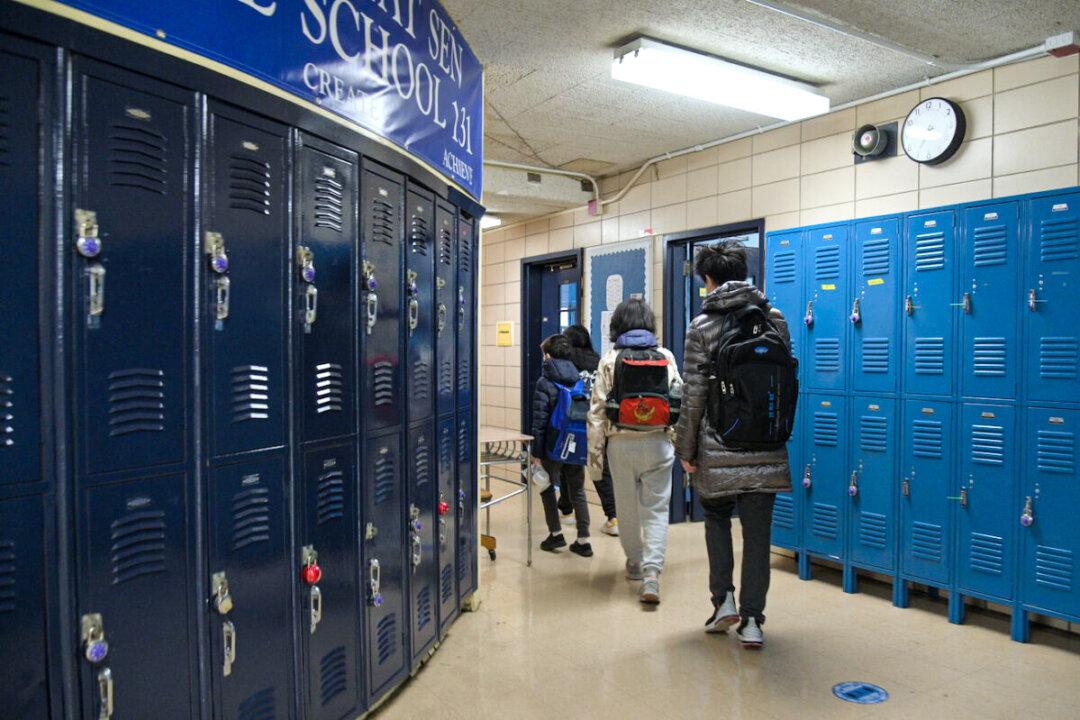The head of a grassroots parent group in Saskatchewan thinks education departments around the country need to become more vigilant about materials being offered in sex education in schools.
This comes after a deck of playing cards called “Sex: From A-Z” made its way into a Grade 9 class in Lumsden, Saskatchewan.





